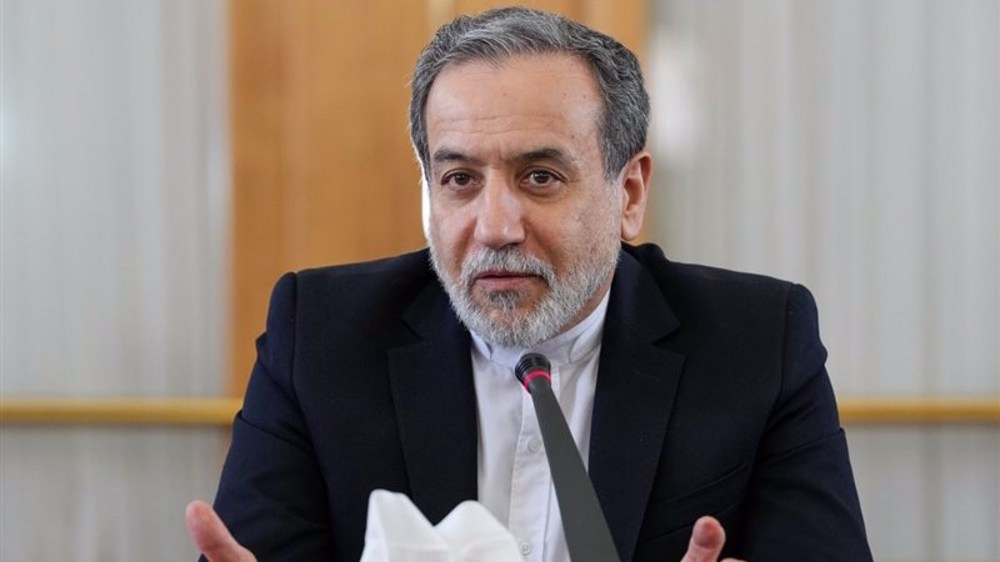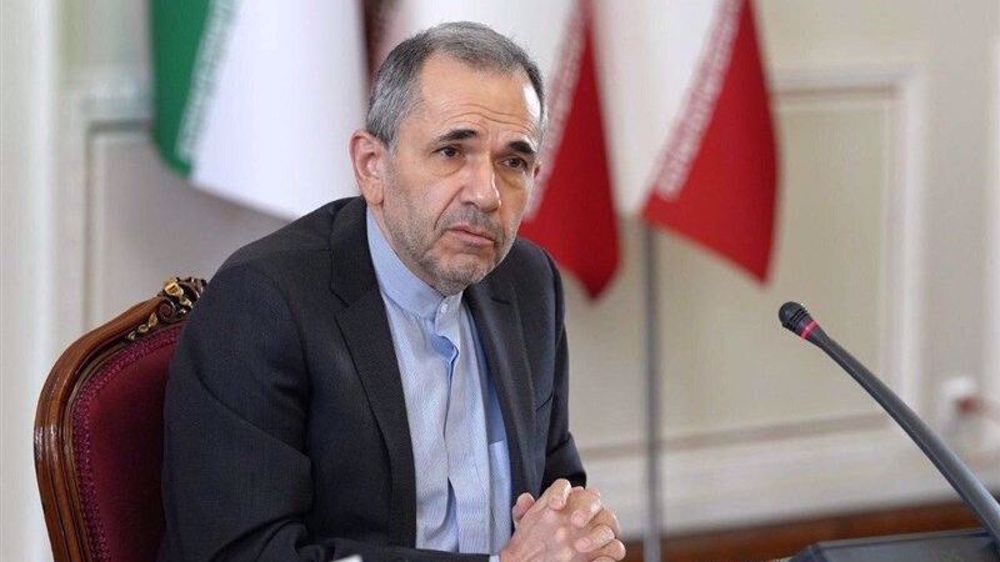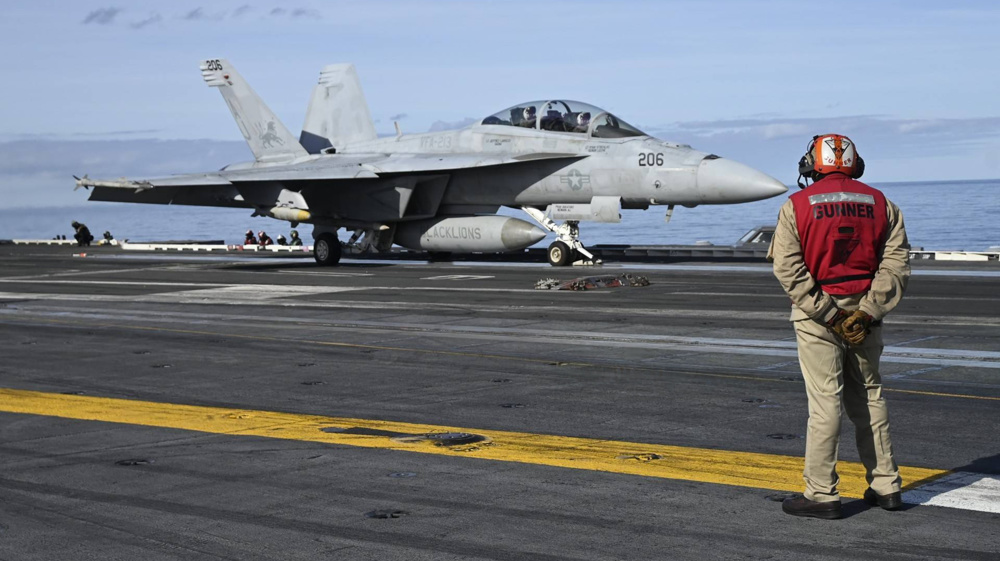Iran, Russia say Astana talks efficient platform for Syria crisis settlement
The top Iranian and Russian diplomats say the recent Syria peace talks in the Kazakh capital of Astana were an “efficient platform” for a direct dialogue between the Syrian government and opposition groups.
In a telephone conversation on Saturday, Iranian Foreign Minister Mohammad Javad Zarif and his Russian counterpart Sergei Lavrov discussed the outcomes of the two-day intra-Syrian talks which concluded in Astana on January 24, with Iran, Russia and Turkey agreeing on the establishment of a trilateral mechanism to support the ceasefire in Syria and monitor possible violations.
“It was stressed that the meeting [in Astana] became an efficient platform for a direct dialogue between the government of Syria and representatives of armed opposition in order to strengthen ceasefire and restore peace and calm in the country,” the Russian Foreign Ministry said in a statement.

It added that Zarif and Lavrov expressed readiness to continue using the experience and opportunities of the Astana talks “to facilitate the active work on the resolution of the Syrian conflict in accordance with the UN Security Council Resolution 2254.”
The UN Security Council Resolution 2254 endorses a road map for a peace process in Syria. It calls for a nationwide ceasefire in Syria and the formation of a “credible, inclusive and non-sectarian” government within six months and UN-supervised “free and fair elections” within 18 months.
The top Iranian and Russian diplomats also agreed to maintain close coordination of efforts to help find a political settlement of the Syrian crisis, the ministry said.
Iran, Russia, and Turkey organized the Astana talks. The three also played intermediary roles at the talks, where the United Nations envoy for Syria, Staffan de Mistura, was also present.
After the talks came to an end, Russia announced that it had given the militants a draft version of a new constitution compiled by Moscow to speed up talks towards ending the conflict. However, the militants announced that they would not enter talks over any constitution with Russia.
Last month, Iran, Russia, and Turkey worked out a deal enabling the evacuation of civilians and militants from Aleppo as the Syrian forces were about to retake the northwestern city from Takfiri militants. The deal also paved the way for a ceasefire applying to the entire country, which has been largely holding.
Syria has been fighting foreign-sponsored militancy over the past almost six years. De Mistura estimated in August last year that more than 400,000 people had been killed in the Syrian crisis until then. The UN has stopped its official casualty count in Syria, citing its inability to verify the figures it receives from various sources.
VIDEO | Tehran hosts 33rd International Holy Qur'an exhibition
Iraqi Resistance threatens action if US continues occupation
VIDEO | Rising from the Rubble: Worshippers return to Gaza’s Great Omari Mosque
VIDEO | New database documents systematic repression of Palestine solidarity in UK
VIDEO | Press TV's news headlines
Palestinian factions denounce US for offering ‘consular services’ inside West Bank settlement
Iran, Oman FMs meet ahead of third round of indirect nuclear talks with US
VIDEO | UN commemorates Mother Language Day with celebrations










 This makes it easy to access the Press TV website
This makes it easy to access the Press TV website